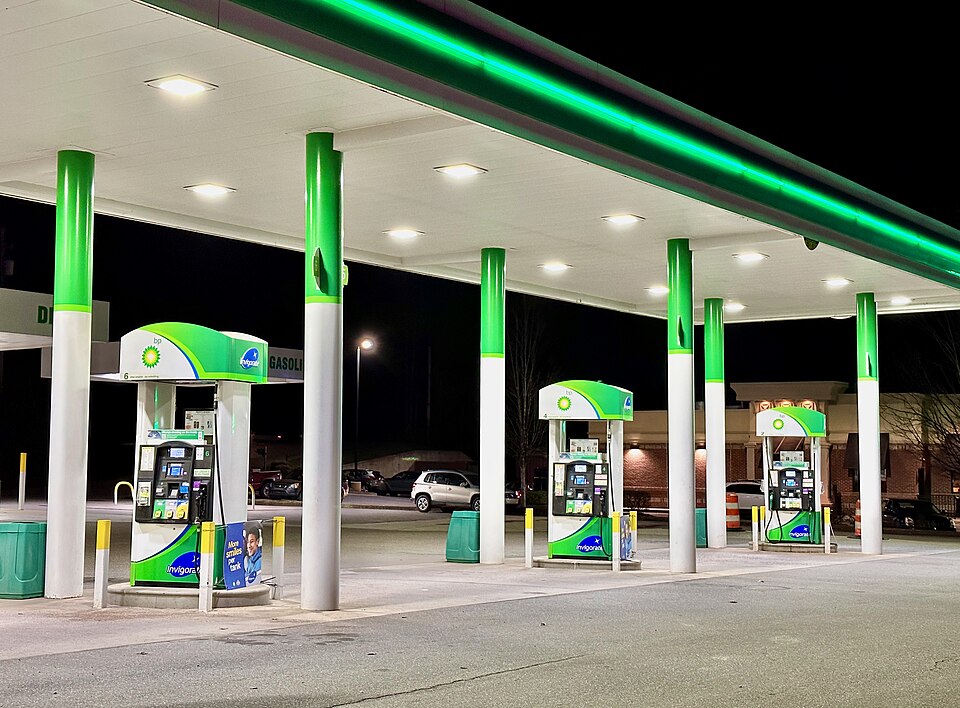
BP reported a sharper-than-expected 48% fall in first-quarter net profit to $1.4 billion, driven by weaker gas trading and refining margins. The company also announced that its strategy and
sustainability chief, Giulia Chierchia, will step down on June 1, amid mounting investor pressure.
CEO Murray Auchincloss, who is under increasing pressure to improve returns and cut costs, has outlined a plan to divest $20 billion in assets by 2027. BP has also scaled back its capital spending and share buybacks as part of the effort to boost profitability.
The departure of Chierchia signals a broader strategic shift at BP. She was a key proponent of BP’s earlier move to cut hydrocarbon production and expand its low-carbon energy business under former CEO Bernard Looney. That strategy had drawn criticism from investors, including Elliott Investment Management, which has reportedly pushed for leadership changes and deeper cost cuts to boost free cash flow.
BP’s shares have underperformed industry rivals since pivoting toward renewables. Since Auchincloss unveiled a new strategy in February, BP’s stock has fallen 20%, compared to a 7.5% drop for Shell and a 1.8% decline for ExxonMobil. On Tuesday, BP shares were down 2.8%, lagging behind the broader energy index, which slipped 0.6%.
In the first quarter, BP’s underlying replacement cost profit—its measure of adjusted net income—was $1.38 billion, below the $1.53 billion analysts had forecast. That compares with $2.7 billion a year earlier.
The company’s gas and low-carbon division saw profits fall by roughly 40%, affected by lower production and weaker trading after asset sales. Meanwhile, its customers and products segment declined around 47%. Refining margins also took a hit, averaging $15.20 per barrel, down from $20.60 last year. BP warned that extensive refinery maintenance in the second quarter is likely to further affect output.
The company announced a $750 million share buyback for the quarter—at the low end of its guidance and a marked reduction from $7.1 billion in total buybacks last year. CFO Kate Thomson said no forward guidance would be given on future buyback volumes.
Looking ahead, BP raised its asset sale target for 2024 to $3–$4 billion and reduced its full-year capital spending forecast by $500 million to $14.5 billion. It maintained its $13–$15 billion annual capex guidance for 2026 and 2027.
Oil prices have been another challenge. Brent crude averaged $75 a barrel in Q1, down from $87 the previous year. Following recent U.S. tariffs, prices have dropped further and are now hovering around $66.
“In the event of sustained lower oil prices, we expect deflation across our capital plans,” Auchincloss said during a presentation. He added BP has about $2.5 billion in capital flexibility—equivalent to $10 per barrel in price sensitivity—but warned that tapping into this would impact long-term growth.
Elliott Investment Management recently raised its stake in BP to over 5%, making it one of the company's largest shareholders, just behind BlackRock and Vanguard, according to LSEG data. Photo by Harrison Keely, Wikimedia commons.




































